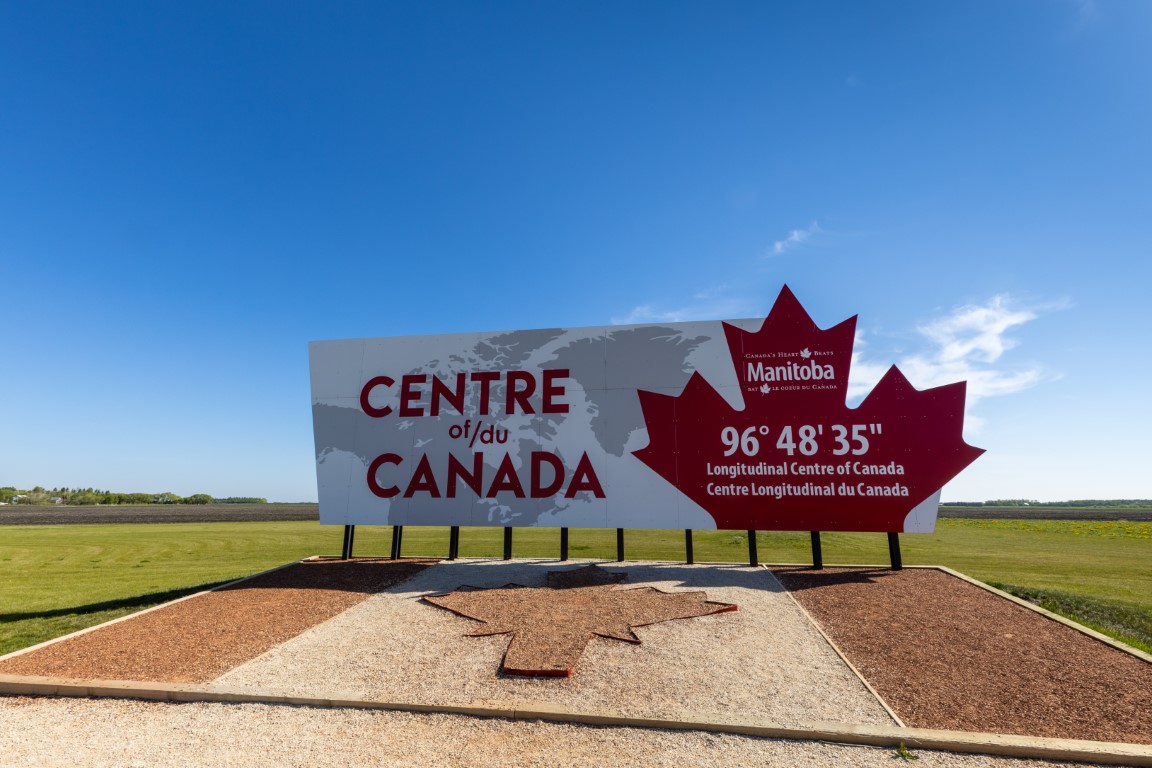Canada’s approach to immigration is undergoing significant changes, particularly with a focus on supporting provincial economies through tailored programs like the Manitoba Provincial Nominee Program (PNP). The recent policy updates and strategic initiatives by both federal and provincial governments underscore a concerted effort to integrate skilled workers into regional labor markets, ultimately boosting economic growth and cultural diversity.
Strengthening Local Workforce Through Extended Work Permits
In a noteworthy move, the Honourable Marc Miller, Minister of Immigration, Refugees and Citizenship, announced that Immigration, Refugee and Citizenship Canada (IRCC) has approved Manitoba’s request to extend temporary resident status for potential nominees identified under the province’s PNP. These individuals, mainly post-graduation work permit holders currently in the Manitoba Skilled Worker Provincial Nominee Program Expression of Interest pool, are crucial in filling key job vacancies. This extension will allow 6,700 temporary workers supported by Manitoba to continue working in the province while their applications for the Provincial Nominee Program are being processed. It is anticipated that within 2 years, these eligible foreign nationals will receive an official nomination from Manitoba and eventually become permanent residents.
Manitoba PNP Requirements
To successfully integrate into Manitoba’s workforce and society, potential nominees must meet specific criteria:
- Connection to Manitoba: Demonstrating a connection through family, previous employment, or education within the province is essential.
- Job Offer and Skills: Having relevant skills and a job offer in high-demand sectors significantly bolsters an application.
- Language Skills: Proficiency in English or French is necessary, ensuring effective communication in the workplace.
- Educational Background: A relevant post-secondary education or specific qualifications suited to the Manitoba job market are required.
- Adaptability Factors: Factors such as age, community ties, and past experience in Manitoba contribute to the likelihood of successful settlement.
These criteria aim to ensure that the candidates selected are well-equipped to contribute to Manitoba’s economy and adapt smoothly to life in the province.
The Impact on Manitoba’s Economy and Future Growth
This proactive step by Manitoba to retain skilled workers supports not only the immediate needs of its labor market but also contributes to the province’s long-term demographic and economic objectives. Immigration accounts for almost all of Canada’s labor force growth, and by 2032, it is projected to account for 100% of the nation’s population growth. With about 20% of all permanent resident admissions in 2022 coming through the PNP, and nearly 40% planned for 2023, the role of regional economic immigration programs like Manitoba’s PNP in national growth strategies is increasingly vital.
The extension of temporary resident status in Manitoba serves as a model for other provinces looking to optimize the benefits of immigration. As Canada continues to address the complexities of global migration and labor demands, ensuring a smooth transition from temporary to permanent residency is crucial for maintaining a robust and dynamic workforce.












